
The new equipment will allow Denton Plastics to take in contaminated source-separated plastics that are too dirty for the company to process today, such as material from plant nurseries. | Zoran Milosavljevic/Shutterstock
Oregon-based Denton Plastics will add equipment allowing the company to process contaminated source-separated plastics.


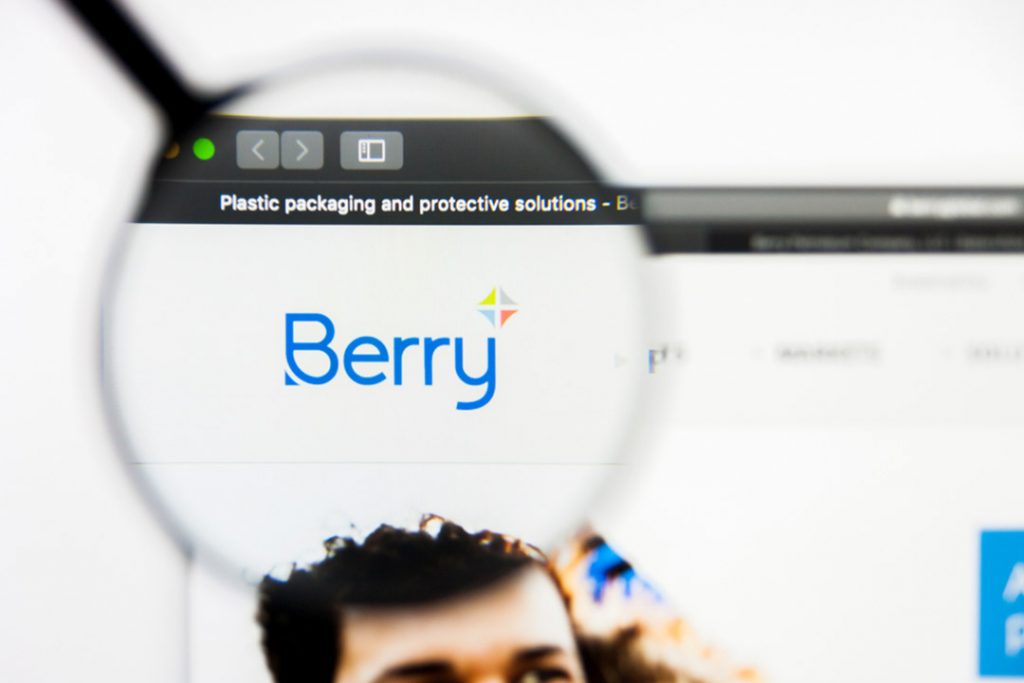

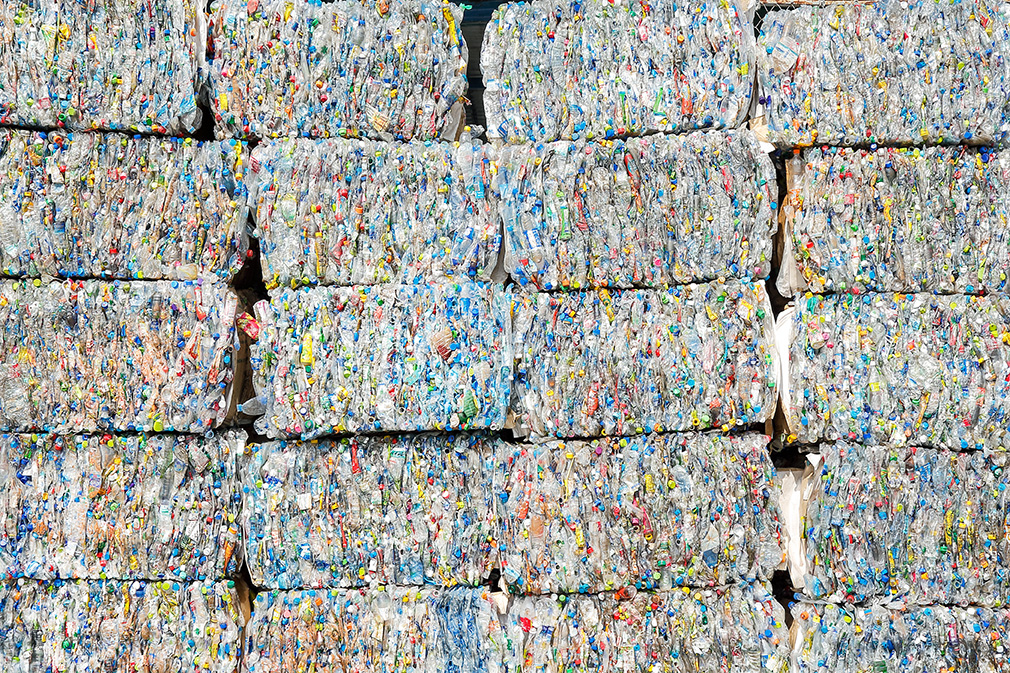
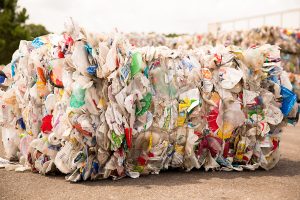 Greg Janson of plastics reclaimer QRS Recycling knows all too well what happens when material suppliers aren’t informed about load quality.
Greg Janson of plastics reclaimer QRS Recycling knows all too well what happens when material suppliers aren’t informed about load quality.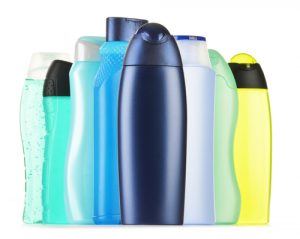 As Loop Industries pushes forward its depolymerization method on multi-layer packaging, the startup is also highlighting the potential of recycling opaque PET containers and textiles.
As Loop Industries pushes forward its depolymerization method on multi-layer packaging, the startup is also highlighting the potential of recycling opaque PET containers and textiles. MBA Polymers’ U.K. and China operations have been sold to a German equity fund, and the plastics reclaimer’s Austrian branch has been bought out by its longtime co-owner.
MBA Polymers’ U.K. and China operations have been sold to a German equity fund, and the plastics reclaimer’s Austrian branch has been bought out by its longtime co-owner.
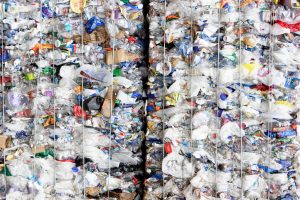 RES Polyflow’s Michael Dungan says fluctuating oil prices and developments in Asia will continue to affect pyrolysis companies, but he thinks a bigger issue may be a regulatory landscape that he believes is dated and detrimental to technology adoption.
RES Polyflow’s Michael Dungan says fluctuating oil prices and developments in Asia will continue to affect pyrolysis companies, but he thinks a bigger issue may be a regulatory landscape that he believes is dated and detrimental to technology adoption.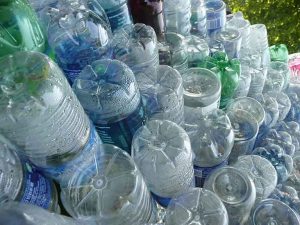 A major end user of recovered PET boosted its revenues last year, as it works to expand its recycled-plastic fiber brand and move into new recycling markets.
A major end user of recovered PET boosted its revenues last year, as it works to expand its recycled-plastic fiber brand and move into new recycling markets.